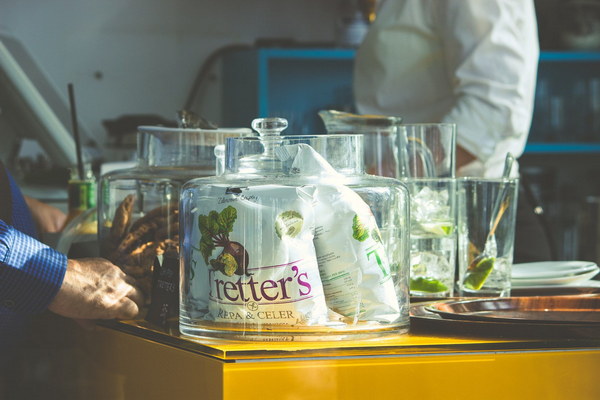PostPneumonia Lung Care A Comprehensive Guide to Strengthening Your Respiratory Health
Introduction:
Pneumonia, an infection that inflames the air sacs in one or both lungs, can be a challenging condition to overcome. After recovering from pneumonia, it's crucial to take steps to care for your lungs and prevent future infections. This article provides a comprehensive guide to post-pneumonia lung care, offering practical tips and advice to help you strengthen your respiratory health.
1. Rest and Recovery:
After pneumonia, your body needs time to heal. Ensure you get plenty of rest, as fatigue can weaken your immune system and prolong recovery. Avoid overexerting yourself and prioritize activities that promote relaxation and healing.
2. Follow Your Doctor's Recommendations:
Your healthcare provider may prescribe medication, such as antibiotics or corticosteroids, to help treat the infection and reduce inflammation. Adhere to the prescribed dosage and duration of treatment, even if you start feeling better before completing the course.
3. Stay Hydrated:
Drinking plenty of fluids is essential for maintaining lung function and clearing mucus from your airways. Aim for at least eight glasses of water per day, and consider adding warm fluids like herbal teas or broths to help soothe your throat and promote healing.
4. Practice Breathing Exercises:
Breathing exercises can improve lung capacity, strengthen respiratory muscles, and enhance oxygen exchange. Some effective exercises include:
- Pursed-lip breathing: Inhale through your nose and exhale through pursed lips, as if you were whistling. This technique helps maintain airway pressure and prevents shallow breathing.
- Deep breathing: Take slow, deep breaths, filling your lungs completely with air. Hold for a few seconds and exhale slowly.
- Diaphragmatic breathing: Lie on your back and place one hand on your chest and the other on your belly. Inhale deeply, allowing your abdomen to rise while your chest remains relatively still. Exhale by contracting your abdominal muscles.
5. Strengthen Your Immune System:
A robust immune system is crucial for preventing future lung infections. Consider the following strategies:
- Eat a balanced diet rich in fruits, vegetables, whole grains, and lean proteins.
- Get regular exercise to improve overall health and boost your immune response.
- Avoid smoking and secondhand smoke, as they can damage lung tissue and weaken your immune system.
- Practice good hygiene, such as washing your hands frequently and avoiding close contact with sick individuals.
6. Manage Chronic Conditions:
If you have a chronic condition like asthma, COPD, or diabetes, managing it effectively is essential for maintaining lung health. Work with your healthcare provider to develop a personalized treatment plan and follow their recommendations closely.
7. Monitor Your Symptoms:

After recovering from pneumonia, be vigilant about monitoring any new or worsening symptoms, such as cough, fever, or shortness of breath. If you experience any of these symptoms, contact your healthcare provider promptly.
Conclusion:
Post-pneumonia lung care is essential for preventing future infections and maintaining respiratory health. By following the tips outlined in this article, you can strengthen your lungs, support your immune system, and enjoy a better quality of life. Remember, a proactive approach to lung care is key to overcoming pneumonia and preventing future complications.









